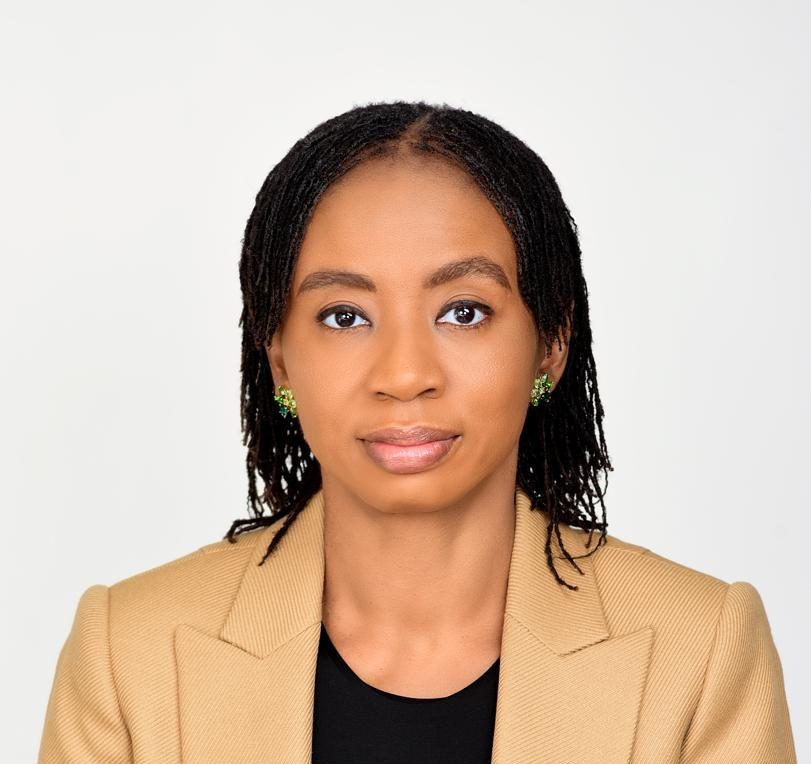The National Pension Commission (PenCom) has disclosed that a total of ₦5.51 trillion from Nigeria’s pension funds has been invested into key sectors of the economy to support long-term development and growth.
This was revealed during a strategic meeting between PenCom officials and a delegation from the International Monetary Fund (IMF), which visited Nigeria on April 7, 2025, as part of the IMF’s 2025 Article IV Consultations.
Representing the Director-General of PenCom, Ms. Omolola Oloworaran, the Head of the Surveillance Department, Abdulrahaman Muhammad Saleem, told the IMF team that the pension industry is actively contributing to national development by investing in infrastructure, private equity, real estate, and subnational projects across the country.
He also announced that the sector’s Net Asset Value (NAV) rose by 22.65 per cent—from ₦18.36 trillion in December 2023 to ₦22.51 trillion in December 2024. This growth, he explained, is driven by regular contributions from workers and strong investment performance by pension fund managers.
However, despite the progress, PenCom raised concerns about a key challenge facing the industry—limited investment opportunities in the Nigerian capital market. Saleem noted that only 86 investment instruments currently meet the regulatory standards for pension funds, due to strict requirements such as minimum quality ratings, liquidity, and free float.
“While the Investment Regulation supports broader investment options, the market still lacks enough suitable instruments,” he said.
To tackle this, PenCom said it is working closely with key capital market stakeholders such as the Securities and Exchange Commission (SEC), the Debt Management Office (DMO), and the Pension Fund Operators Association of Nigeria (PenOp) to expand the list of eligible investment instruments and deepen fund diversification.
The Commission also confirmed its plan to increase investments in alternative asset classes, such as infrastructure funds and impact-driven projects, to maximise returns and support sustainable national growth.
During the meeting, PenCom gave a detailed presentation to the IMF team, highlighting recent developments in the pension sector, improvements in investment management, and regulatory reforms aimed at strengthening fund safety and transparency.
The IMF delegation, led by Mr. Jose De Luna, a senior financial expert, commended PenCom for its proactive policies and steady progress in managing pension funds. He described Nigeria’s pension sector as one of the key pillars driving long-term stability and economic development.
“We’re impressed with the way PenCom is safeguarding pension contributors’ funds while also using these funds to boost the country’s real sector,” Mr. De Luna said.
